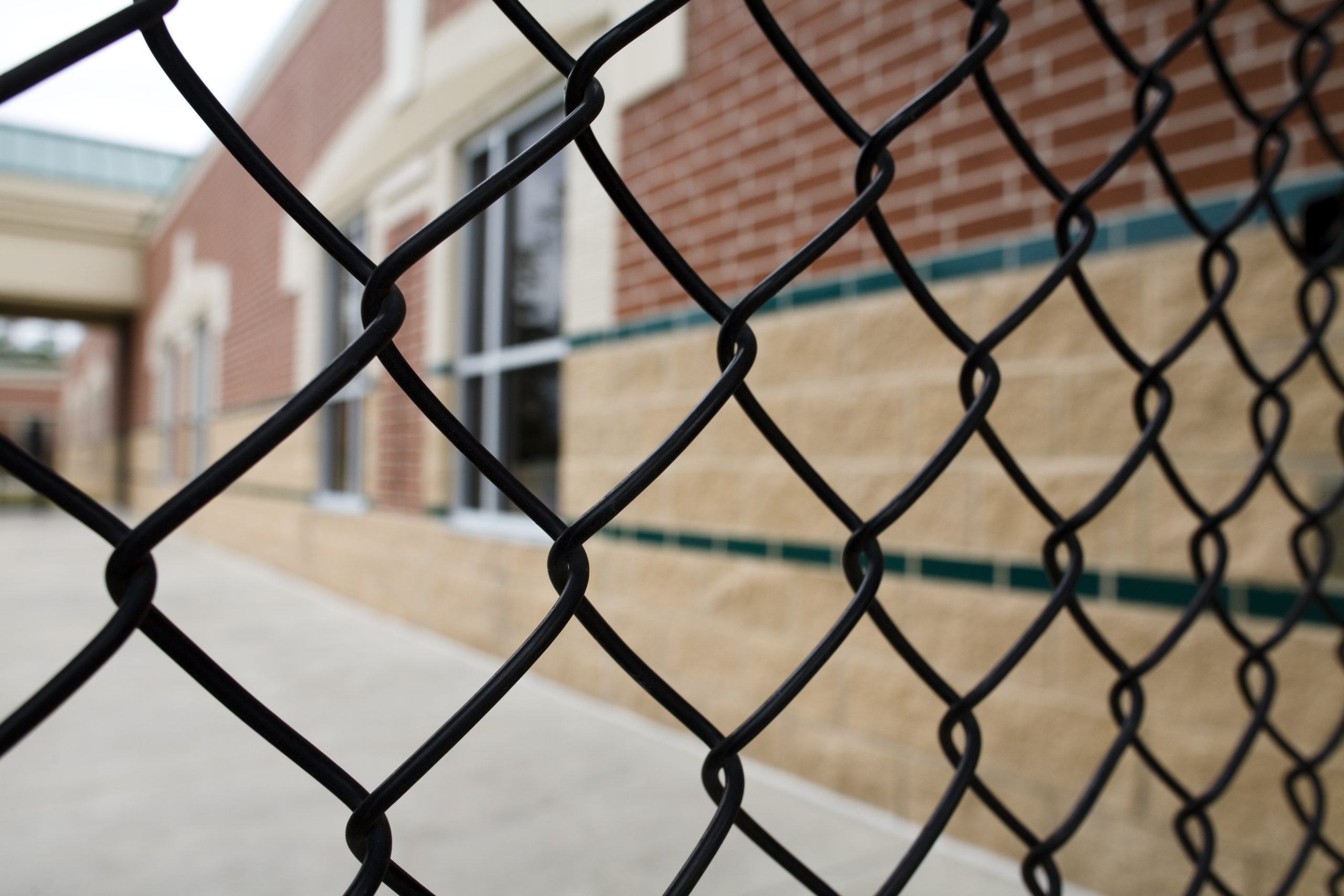The Education Commission of the States released a comparison of K-3 polices across all 50 states on Sept. 28 that examined school readiness and transitions, kindergarten requirements, educator quality, prevention, intervention and retention, and social-emotional learning and mental health.
“Following a high-quality early care and pre-K experience, the kindergarten-through-third-grade years set the foundation upon which future learning builds; and strengthening this continuum creates opportunities for later success,” according to researchers. “Key components of a quality experience in K-3 include school readiness and transitions, kindergarten requirements, educator quality, prevention, intervention and assessments, and social and emotional learning and mental health.”
Despite these benefits of high-quality early learning opportunities, only 19 states and the District of Columbia require that children attend kindergarten. California is not one of them. California, however, is one of 23 states and the District of Columbia that have policies to guide the transition process from pre-K to kindergarten, and one of 17 states requiring family engagement in this process.
The state requires that parent education and involvement be an integral part of a local educational agency’s early primary program from preschool through third grade. To smooth the transition from pre-K to kindergarten, LEAs must establish connections with public preschool programs and promote connections among early primary programs that provide before- and after-school services. Districts with early primary programs in California are also required to promote joint activities for teachers and administrators of public preschool programs.
California is also one of:
- 22 states that require districts to offer half-day kindergarten (17 states and the District of Columbia require full-day kindergarten). In the 2017–18 academic year, 71 percent of California school districts offered full-day programs in all their schools and 10 percent offered a combination of part-day and full-day kindergarten programs, according to the Legislative Analyst’s Office.
- 37 states and the District of Columbia to require assessments outside of the federally required third-grade assessments, including screeners, diagnostic, summative and formative assessments.
- 20 states with literacy instruction requirements for teacher training and professional development, ranging from passing an assessment to receiving job-embedded training.
- 17 states to have a provision in statute or regulation limiting the suspension or expulsion of students in pre-K through third grade.
- 28 states with pre-service or in-service standards that require knowledge of the social and emotional learning of students.
- 17 states and the District of Columbia that require grade retention for nonproficient third graders, with good cause exemptions.
Additional CSBA resources for early learning support:
- “The Preschool Landscape in California and Strategies for Expansion” Governance Brief
- “Getting reading right — without the wars” article, fall 2020 issue of California Schools
- “What Boards of Education Can Do About Kindergarten Readiness” Governance Brief





